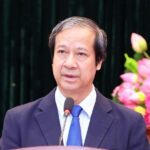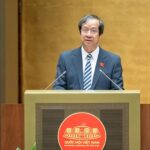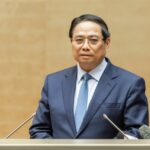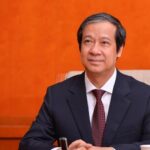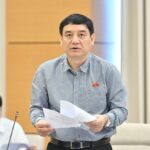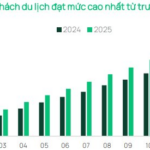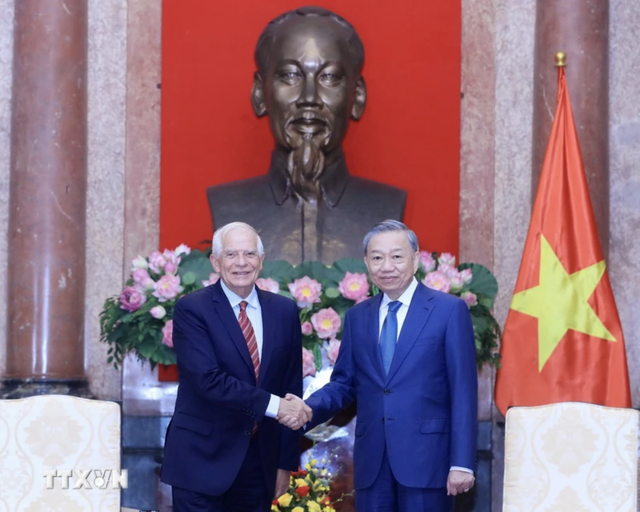On the morning of November 20th, the National Assembly held a plenary discussion on several key legislative projects: the amended Education Law, the revised Higher Education Law, the revised Vocational Education Law, and a draft resolution outlining special mechanisms and policies to implement Resolution No. 71 of the Politburo on breakthrough development in education and training.
Speaking as both an educator and a representative, Hoang Van Cuong (Hanoi) expressed deep emotion and gratitude that Resolution 71 not only reaffirms “education and training as the top national policy” but also declares it “the determinant of the nation’s future.” This underscores the critical importance and profound mission of education and training.
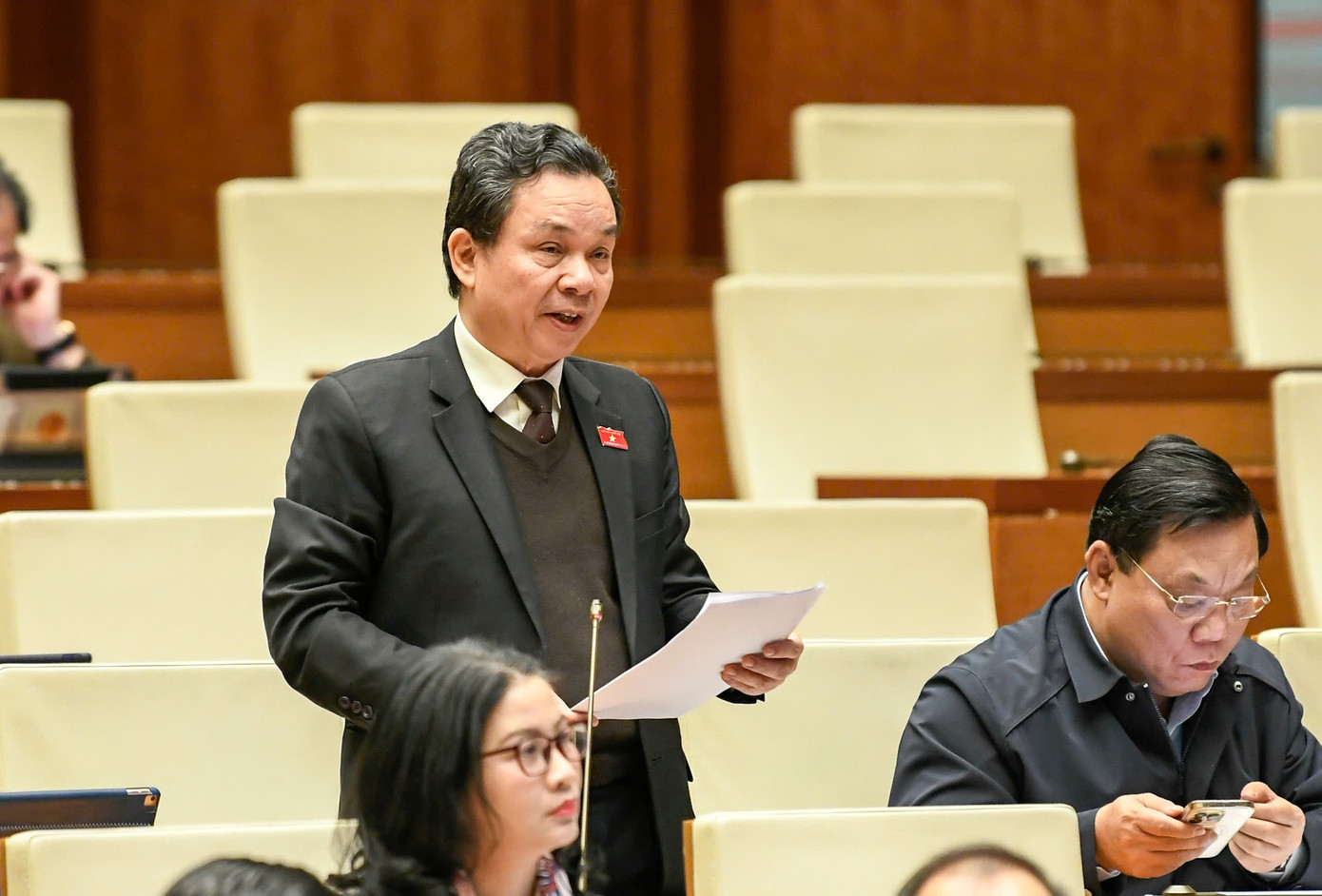
Representative Hoang Van Cuong. Photo: Nhu Y
Addressing teacher recruitment and transfers, Cuong emphasized that a quality school hinges on a dedicated teaching staff passionate about their profession and committed to its honor. Recruitment, he argued, must ensure a level playing field where all local candidates can compete fairly.
“I propose that the Department of Education and Training organize a unified examination for all schools within the province. The results will serve as the basis for schools to select teachers in descending order of merit. Teachers not selected by one school can apply to others using their existing exam results,” Cuong stated.
The Hanoi representative warned that allowing individual schools or communes to conduct their own recruitment would lead to inefficiency, uneven exam quality, and unfair hiring practices. It would also force candidates to participate in multiple disjointed exams, leaving them uncertain about their actual chances.
Given declining birth rates and significant migration, some schools face teacher surpluses while others experience shortages. A flexible transfer mechanism based on local needs is essential, and this authority should rest with the provincial education department, as outlined in the draft resolution.
“I propose maintaining the authority to transfer and assign personnel with the Chair of the People’s Committee at the commune level, aligning with the two-tier local government model. However, this should not separate professional and educational management, which must remain under the education sector’s oversight through close coordination and single-level delegation. This ensures consistent personnel evaluation and comprehensive management,” said representative Trinh Thi Ngoc Diem (Can Tho).
Teachers Prohibited from Tutoring Their Own Students
Regarding professional allowances, the draft stipulates: 70% for preschool and general education teachers, 30% for staff, and 100% for teachers in extremely difficult areas. Though not a beneficiary, Cuong celebrated this development as a genuine commitment to educators through concrete policies, not just words.
This aligns with the Party’s consistent policies and the National Assembly’s laws, such as the Law on Teachers, which ranks educators’ salaries at the top of the public sector pay scale.
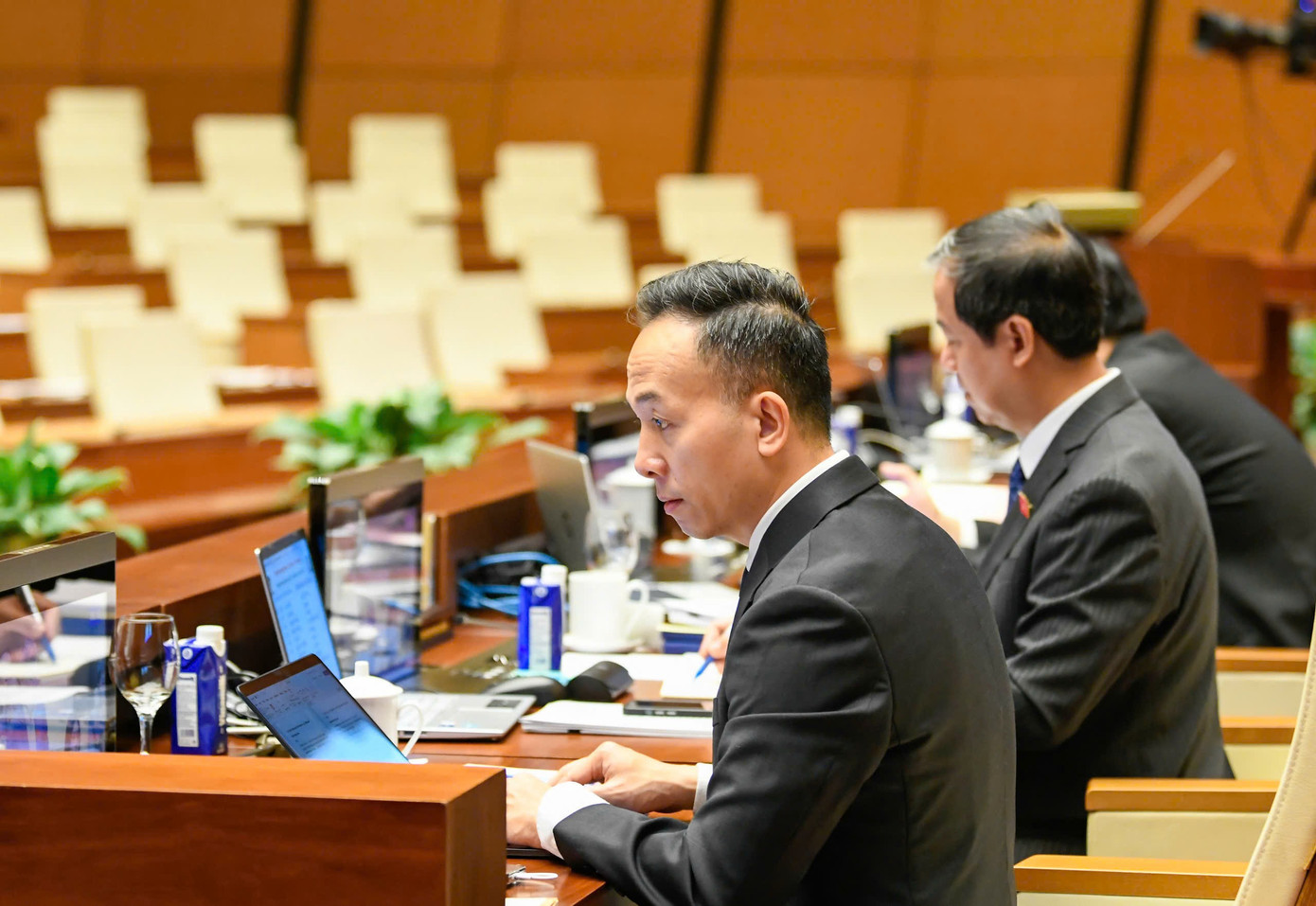
Drafting agency at the session. Photo: Nhu Y
Cuong explained that teaching is a unique profession requiring educators to uphold impeccable personal standards as role models for students. Unlike other professions where supplementary income is easily earned, teaching imposes restrictions. Even tutoring, while allowed, must not replicate classroom content for the same students.
He contrasted this with medicine, where a doctor can treat the same patient in both public and private hospitals, as patients choose private care for better facilities. However, teachers cannot tutor their own students on material already covered in class, as this undermines their primary responsibility.
“Higher allowances will improve teachers’ livelihoods and heighten their sense of responsibility toward society and students. This will enable them to focus entirely on teaching, benefiting hundreds of learners. Thus, increased teacher compensation is a small investment with significant social returns,” Cuong concluded.
Sharing this perspective, representative Pham Hung Thang (Ninh Binh) supported the draft’s special policies for educators. He also urged the drafting agency to extend professional allowances to preschool and general education teachers in difficult areas, ensuring they receive more than 70% to prevent disparities.
Education Minister Outlines Schools Facing Restructuring
Addressing the issue of reorganizing educational institutions within the national education system, Minister of Education and Training Nguyễn Kim Sơn emphasized, “Schools that are fragmented, small-scale, face enrollment challenges, and fail to meet quality standards, regardless of whether they are public or private, will be the primary focus of our review and restructuring efforts.”
“Vietnamese Education Minister: Plans to Increase Teachers’ Base Salary by 2-7 Million VND Monthly”
The Ministry of Education and Training has announced plans to increase the base salaries of all teachers, with a proposed raise ranging from 2 to 7 million VND per month, excluding allowances. This significant increase in remuneration aims to recognize and value the crucial role that educators play in shaping the future of our nation.

